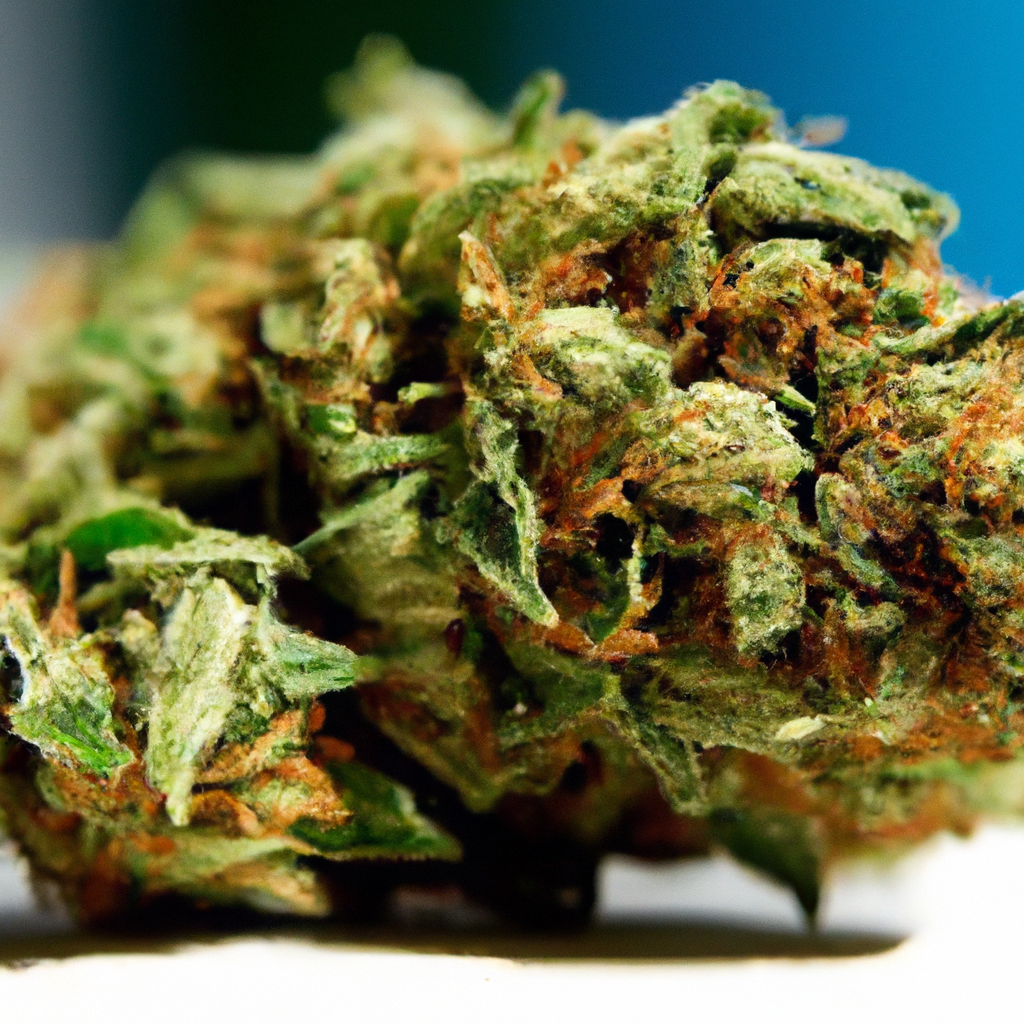Your cart is currently empty!
Cannabis has long been a subject of intriguing discussions, particularly when it comes to its effects on mental health. As the landscape of cannabis legalization continues to evolve, understanding its implications on mental wellness becomes paramount. This article delves into the intricate relationship between cannabis and mental health, presenting the latest research, potential benefits, and considerations.
The Complex Relationship Between Cannabis and Mental Health
Recent studies offer mixed insights into how cannabis affects mental health. Some findings suggest that certain cannabinoids might have potential therapeutic effects, while others indicate possible risks. Let’s explore some key areas of this relationship.
- Anxiety Relief: Cannabinoids, especially CBD, are often highlighted for their potential anti-anxiety effects. While some users report alleviation from anxiety symptoms, the response can vary widely, depending on the dosage and individual chemistry.
- Depression Management: Certain compounds in cannabis may influence neurotransmitter activity, offering potential relief from symptoms of depression. However, more research is needed to draw concrete conclusions.
- Psychosis Risks: There’s evidence indicating that heavy use of high-THC strains might increase the risk of psychosis in some individuals, particularly those predisposed to mental health disorders.
How to Use Cannabis Responsibly for Mental Health
For individuals considering cannabis as part of their mental health regimen, understanding how to use it responsibly is crucial. Below are some tips for mindful consumption:
- Consult a Healthcare Professional: Always discuss with a healthcare provider before incorporating cannabis into your health plan, especially if you have existing mental health conditions.
- Start Low and Go Slow: Begin with low dosages to gauge your body’s reaction. This approach minimizes potential adverse effects.
- Focus on CBD-Rich Strains: Strains high in CBD but low in THC are often recommended for those seeking mental health benefits without psychoactive effects.
- Journal Your Experience: Keeping track of your cannabis use and its effects can help in understanding what works best for your mental health needs.
Latest Scientific Research and Future Directions
The field of cannabis research is burgeoning, with many studies focusing on its mental health implications. Recent research has provided insights into:
- CBD as a Potential Therapy: Clinical trials are investigating CBD’s role in treating anxiety and depression, with some promising early results.
- Endocannabinoid System: Understanding how cannabis interacts with the body’s endocannabinoid system provides a foundation for developing targeted therapies.
- Personalized Medicine: As research advances, personalized approaches using cannabis compounds for specific psychiatric conditions are becoming a possibility.
Conclusion
Cannabis offers potential benefits and challenges concerning mental health. While it holds promise for relieving certain symptoms, it’s essential to approach use with caution and well-informed decisions. As science further explores this domain, personalized and safe ways of utilizing cannabis for mental well-being are likely to emerge. Always prioritize guidance from medical professionals and stay updated with the latest research findings.
Discover more from Magic Clones
Subscribe to get the latest posts sent to your email.


Leave a Reply